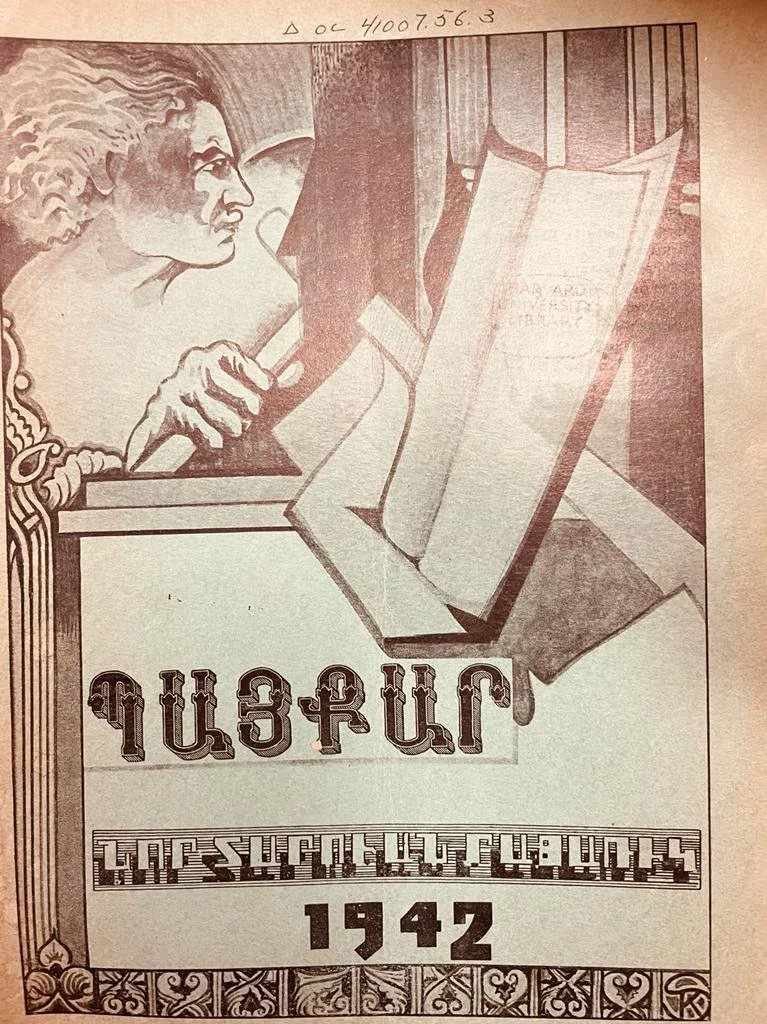We’re pleased to announce that the recently published 2019 Armenian Diaspora Survey esults are now available in our bookstore!
In 2019 the Armenian Diaspora Survey (ADS) was conducted in Argentina, Lebanon, Montreal (Canada), and Romania. This book is the printed version of the report of the results of the research in these four communities. It includes chapters on identity, language, culture, religion, community engagement and relations with the homeland. ADS is a research project funded by the Calouste Gulbenkian Foundation and carried out under the auspices of the Armenian Institute. It conducts public opinion research in Armenian diaspora communities around the world—to inform the public, scholars, policy-makers and community leaders about the issues, attitudes and trends shaping the Armenian world in the 21st century.
Diasporas are notoriously difficult to survey. A diaspora, by definition, is not bound by a territory; its composition is rather fluid, and reaching out to a “representative” sample is rather challenging. After a successful pilot phase in 2018, the Calouste Gulbenkian Foundation decided to support the Armenian Diaspora Survey for an additional three years, making it a “signature” project. Administered by the Armenian Institute in London and led by Dr. Hratch Tchilingirian, ADS is a research project with very tangible policy consequences. It gives us a “snapshot” of the Armenian Diaspora, highlighting some of its characteristics and mapping its thinking about certain core issues.































































